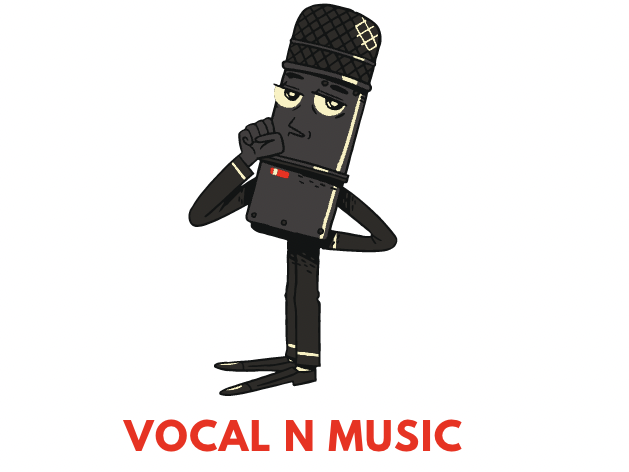I didn’t know there is such thing as vocal range. I know nothing about singing except singing really loud in karaoke. I never had vocal lessons growing up. I only perform part of a song in school. I have always been a dancer. I been told by few friends I can sing after few karaoke session but now I am curious what is my singing range?
When I first started exploring my voice, I wasn’t entirely sure what my vocal range was. I just knew I loved singing along to artists like Beyoncé and Kelly Clarkson, especially their acoustic performances—the kind that send shivers down your spine, not because of high notes, but because of feeling.
Over time, through different vocal apps and training, I’ve come to understand my voice better. So in this blog, I’m sharing my personal vocal range journey, why there might be differences, and how you can find yours too.
My Vocal Range from Different Apps
Here are the results I got from various vocal apps:
- Singing Carrots (2024): A#3 – B4 (1.1 octaves)
- Vocalizer App (June 2024): C2 – B4
- Singing Carrots (Nov 2022): Bb2 – A4
They’re all different—and that’s totally normal. Here’s why.
So What Is My Actual Vocal Range?
After tracking how my voice feels in real practice (not just digital testing), my most consistent, expressive range is:
🎵 A3 to B4, stretching to C5 on good days
This places me between alto and mezzo-soprano, with a strong midrange tone ideal for expressive styles like:
- Acoustic pop
- Soulful R&B
- Emotional covers and ballads
Why Are Vocal Range App Results So Different?
Here’s why the numbers shift depending on the app:
- Mic Sensitivity
Some apps pick up background noise as notes (especially lower ones like C2). - Warm-up Levels
A cold voice = smaller range. A warmed-up voice = more flexible range. - Technique Variability
Chest, head, or mix voice can influence what the app hears. - Pitch Accuracy
Sliding or breathy tones might confuse the app and register incorrectly.
So use apps as a starting point—not a final verdict.
How You Can Find Your Vocal Range
If you’re ready to explore your own range, here’s how to start:
1. Try a Piano App or Keyboard
Start on middle C and go up/down one note at a time. Record where you still sound clear and comfortable.
2. Use Online Tools
Apps like Singing Carrots or Vocalizer can help—but use your own ear too.
3. Record Yourself
Sing a few songs. Notice where your voice shines and where it struggles.
4. Work With a Vocal Coach
A trained coach can help you find your true tessitura (where your voice naturally sits best). A vocal coach can even be online. Technology has make it easier for us to find vocal coach. I even bought online course for singing, it has so much convenience and benefit.
Finding your vocal range isn’t about being perfect or hitting the highest note. It’s about discovering where you feel alive when you sing.
For me, the A3 to B4 range feels like home. That’s where my emotion lives—and it’s why I love artists like Beyoncé and Kelly Clarkson who use that same space to move people deeply.
Your range is valid. Your voice matters. Find where it feels good—and sing from there. Let me know in the comment if you ever curious about your vocal range!







